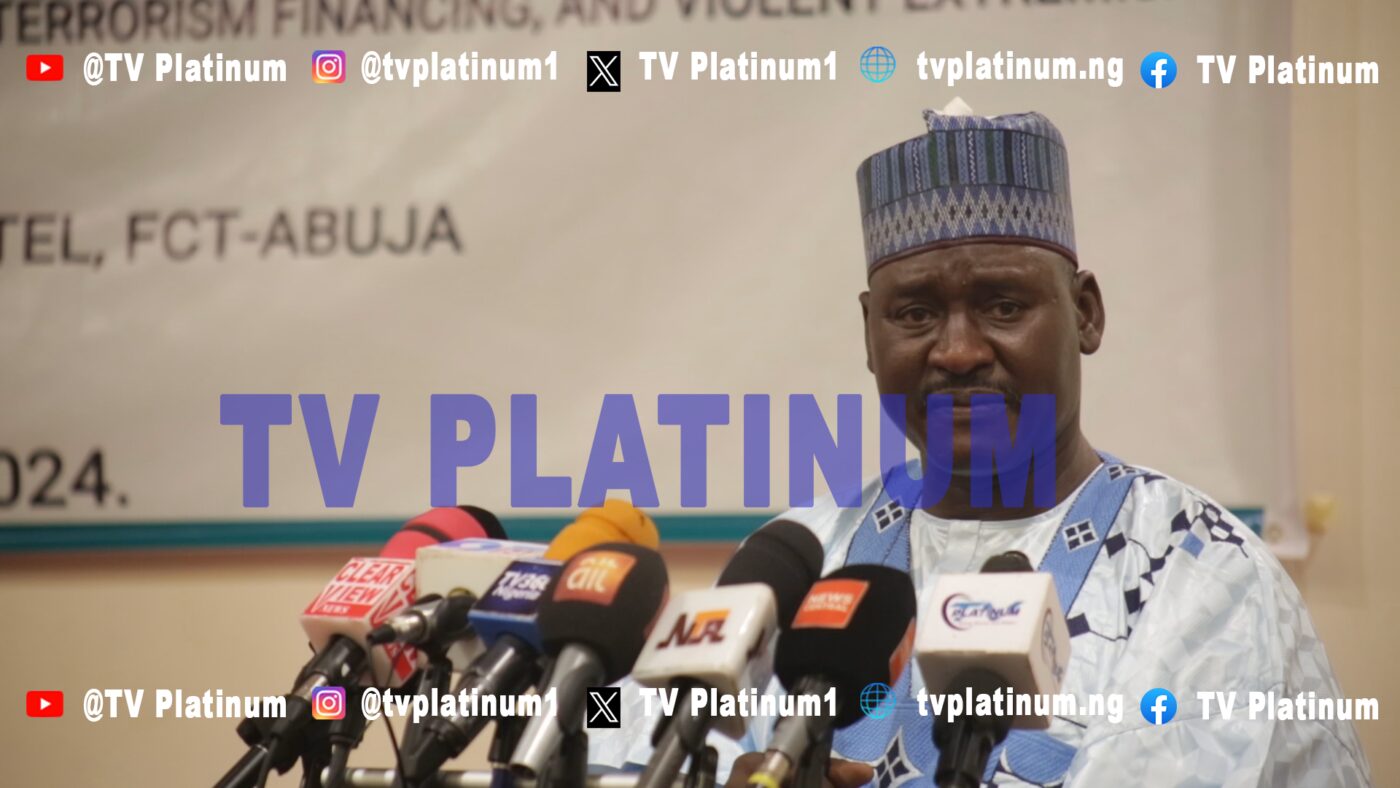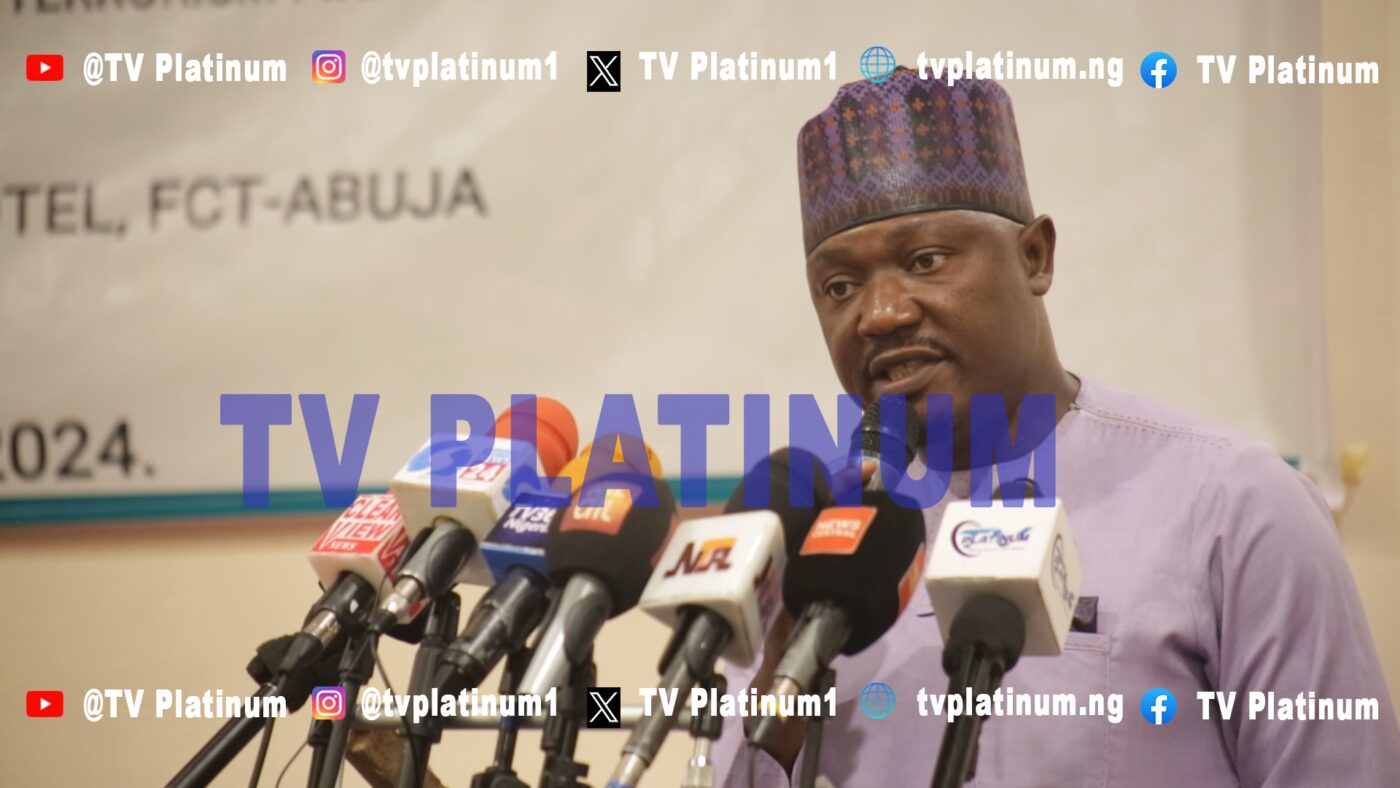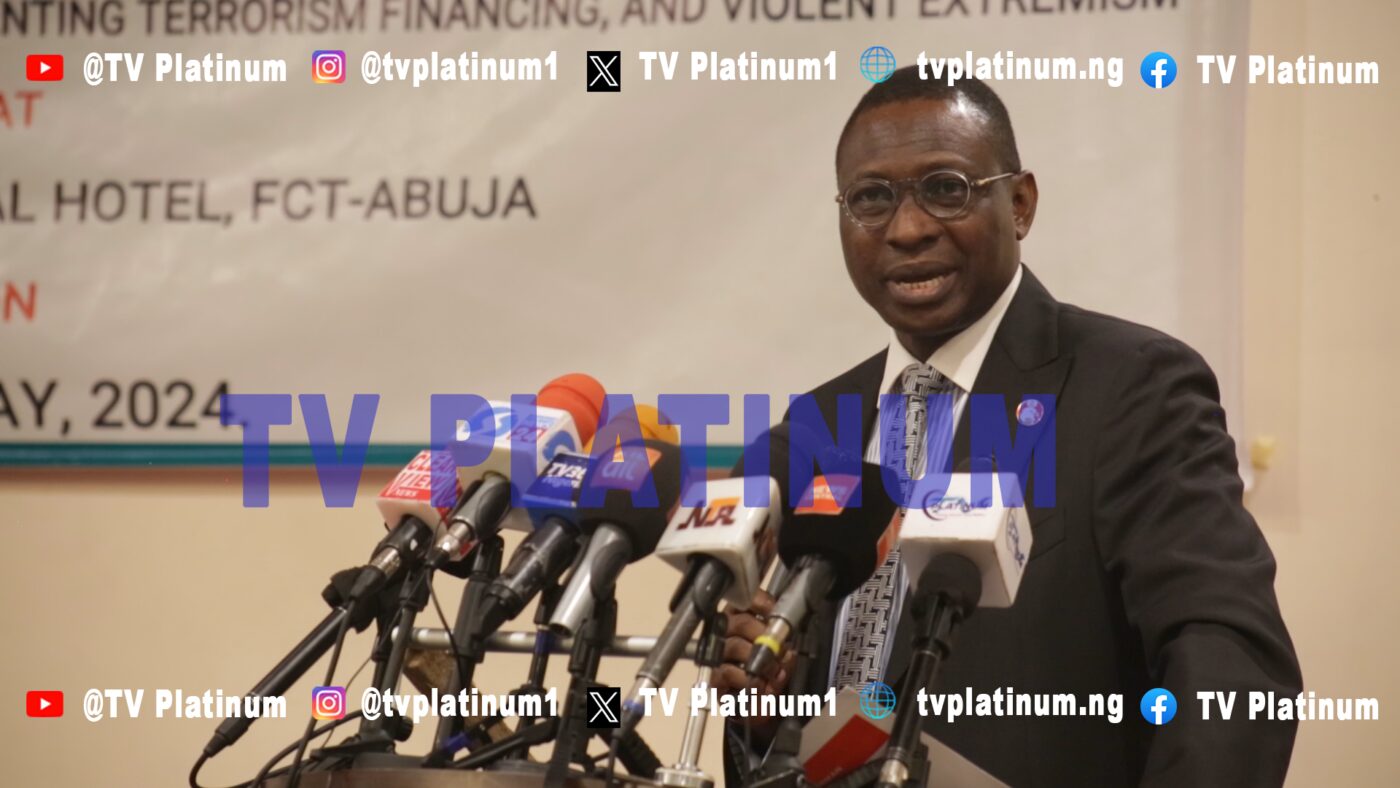During a Multi-stakeholder National Dialogue on Preventing Terrorism Financing and Violent Extremism in Abuja, Auwal Musa-Rafsanjani, the Executive Director of Civil Society Legislative Advocacy Centre (CSILAC), shed light on the alarming connection between illegal money exchangers and terrorism funding. Musa emphasized that terrorism poses a significant global threat, with Nigeria being particularly vulnerable.

Musa highlighted the exploitation of the financial sector for terrorism financing, pointing to Bureau de Change (BDC) operators, Point of Sale (POS) devices, wire transfers, and Designated Non-Financial Businesses and Professions as facilitating platforms for such activities. He expressed concern over the involvement of illegal money exchangers, including BDCs, in several terrorism financing investigations. Musa referenced the 2022 National Inherent Risk Assessment of Terrorism Financing report, which identified 19 companies linked to illegal money exchangers who mingled funds associated with terrorism financing.
He underscored the lack of regulations governing illegal money exchangers, allowing them to bypass preventive measures and serve as conduits for illegally obtained funds used for terrorism financing. Musa emphasized the role of poor governance and corruption in driving terrorism and violent extremism, urging stakeholders to collaborate in combating these threats.
Timothy Melaye, representing the Director-General of GIABA, highlighted the organization’s efforts to combat terrorism financing in West Africa.

He emphasized the importance of capacity building and cooperation among member states to address the proliferation of small arms and light weapons fueled by illicit funds.
Ola Olukoyede, Executive Chairman of the Economic and Financial Crimes Commission (EFCC), discussed the commission’s focus on tracing funds to disrupt the supply line of illicit funds to criminal groups involved in terrorism.

He mentioned legislative measures such as the Money Laundering (Prevention and Prohibition) Act, 2022, and the Terrorism (Prevention and Prohibition) Act, 2022, as strengthening the anti-money laundering and terrorism financing framework.
Dr. Musa Aliyu, Chairman of the Independent Corrupt Practices and Other Related Offences Commission (ICPC), identified poverty and illiteracy as underlying factors contributing to terrorism in Nigeria.

He stressed the need for comprehensive approaches encompassing enforcement and preventive measures to address extremism and violent dissent, including fostering economic and social development.
